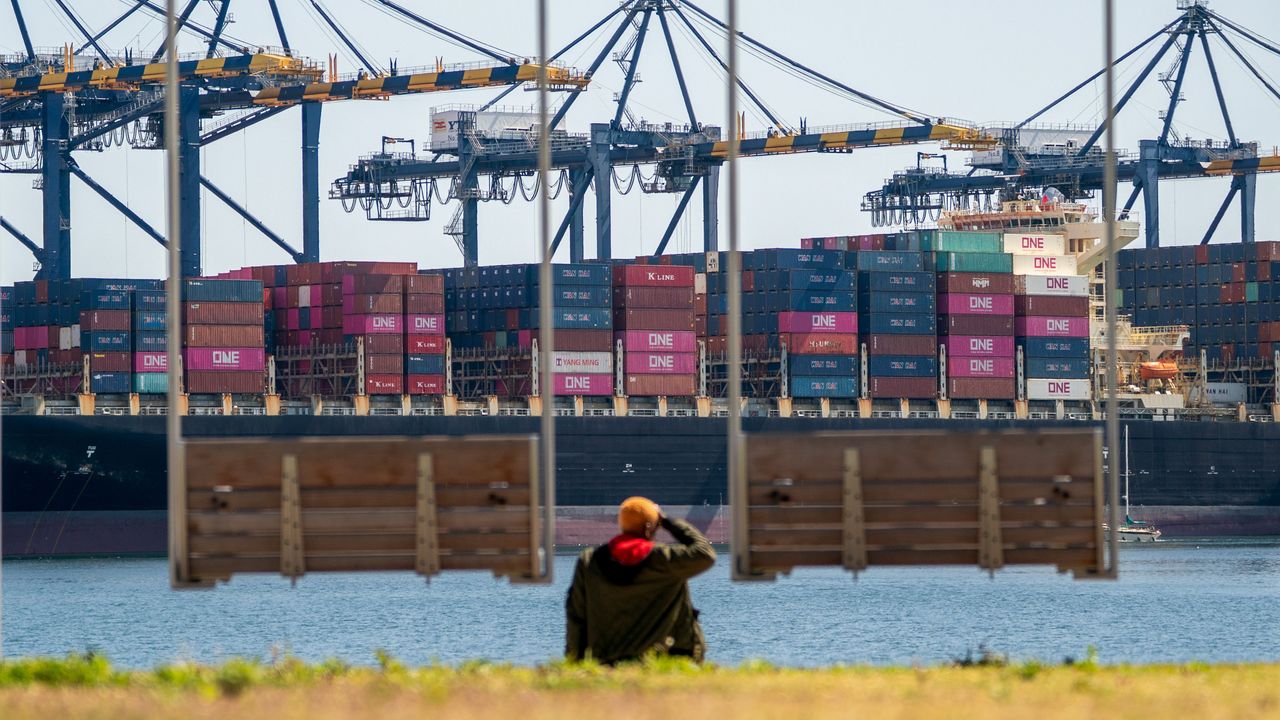Fashion's Global Remix: Rethinking the Manufacturing Playbook

The specter of Donald Trump's potential retaliatory tariffs hangs like a sword of Damocles over global supply chains, compelling brands to rethink their manufacturing strategies. Currently in a state of suspended animation, these proposed tariffs could trigger a seismic shift in the international production landscape.
With uncertainty looming, companies are no longer content to remain passive observers. The threat of reciprocal trade barriers is pushing businesses to proactively reassess and potentially restructure their global manufacturing networks. What was once a wait-and-see approach is rapidly transforming into a strategic imperative for survival and competitiveness.
This potential economic disruption could force brands to accelerate their supply chain diversification efforts, seeking more resilient and adaptable production models. The global economic chessboard is poised for a dramatic recalibration, with companies preparing to make bold moves to mitigate potential trade risks.
As the geopolitical tension simmers, manufacturers and brands are increasingly recognizing that agility and strategic foresight are no longer optional—they are essential survival skills in an unpredictable global trade environment.
